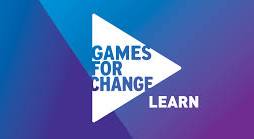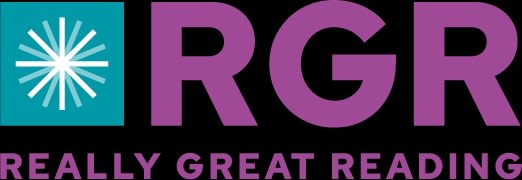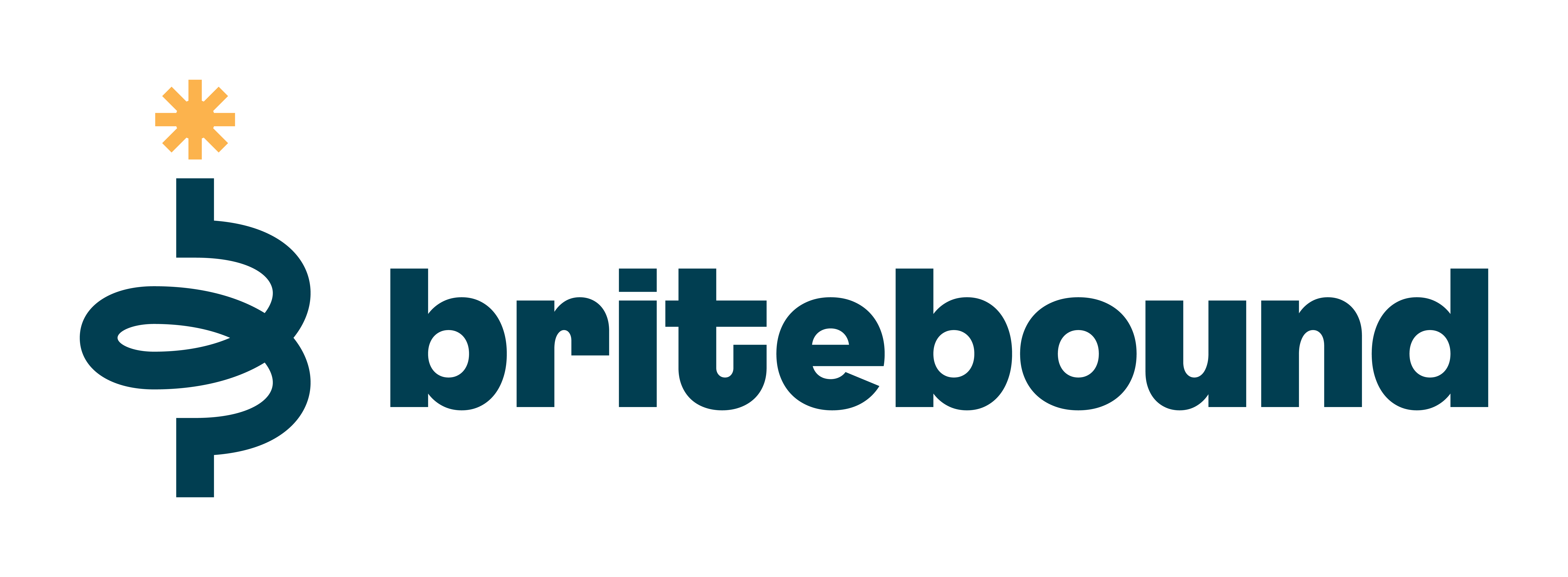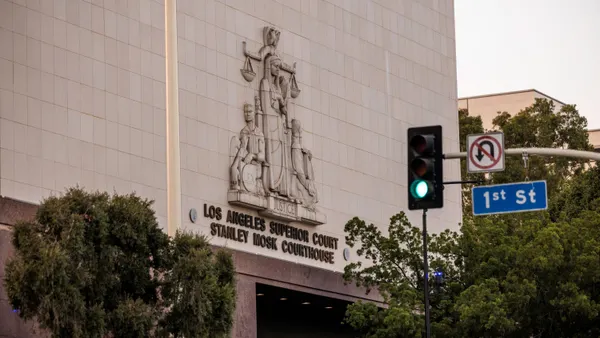Dive Brief:
- The National Association of School Nurses is urging the continuation of vaccine mandates in K-12 schools to help protect children from preventable illnesses. The organization credits school vaccine requirements for significantly reducing the risk of disease outbreaks in schools and the broader communities.
- NASN and the Florida Association of School Nurses issued a joint statement last week condemning a recent announcement by Florida Surgeon General Joseph Ladapo that the state would seek to eliminate vaccine requirements, including those for school-aged children.
- The statement comes as national debate increases over vaccine safety. A Centers for Disease Control and Prevention panel on Thursday recommended changing the inoculation guidelines for the first shot of the combined measles, mumps, rubella and chickenpox vaccine for children ages 4 and younger to further prevent rare cases of fever-related seizures.
Dive Insight:
"Vaccination is one of the greatest public health achievements in American history," the statement from NASN and FASN said. "It has eradicated or dramatically reduced the spread of numerous deadly and debilitating diseases. Thanks to vaccines, countless children — and vulnerable populations such as immunocompromised individuals and older adults — have been protected from preventable illnesses."
The NASN and FASN statement points to the rise in measles cases across several states earlier this year as a warning of what can happen when vaccination rates decline.
In Florida, the elimination of vaccine mandates would occur through policy changes and legislation, Ladapo said. Earlier this month, Ladapo said Florida would be the first state to not require vaccinations, but the timeline for this is unclear.
Currently, the state requires a variety of immunizations for participation in preschool and K-12, according to the Florida Department of Health.
While the CDC recommends childhood vaccination schedules, school immunization requirements are typically set at the state level. However, many states use recommendations from CDC's Advisory Committee on Immunization Practices to set school vaccine policies.
According to the CDC, vaccination participation among kindergarteners in the U.S. decreased for all reported vaccines in the 2024-25 school year, compared to the previous school year.
Data from the National Conference of State Legislatures shows all 50 states and Washington, D.C., require certain vaccinations for school attendance. Most states also give exemptions for religious or personal reasons. Only four states — California, Connecticut, Maine, and New York — allow only medical exemptions.
According to a Sept. 12 paper from KFF, exemptions from school vaccination requirements, particularly non-medical exemptions, have increased in recent years. That coincides with shifts in attitudes about childhood vaccinations, which are likely fueled in part by vaccine misinformation, KFF said.
At least 10 states this year have enacted legislation that could reduce childhood vaccination rates in those states. And at least one state — Colorado — made changes that could maintain or increase childhood vaccine rates, according to KFF.
As vaccine skepticism seems to be increasing, polling shows reduced levels of support for school vaccine requirements. Just over half — 52% — of U.S. adults support their state requiring vaccinations as a condition of public or private school attendance, according to a report released in January by the Annenberg Public Policy Center at the University of Pennsylvania. That's down from 71% in 2019.
About 1,077 U.S. adults were polled by Annenberg Public Policy Center for the 2025 survey.














